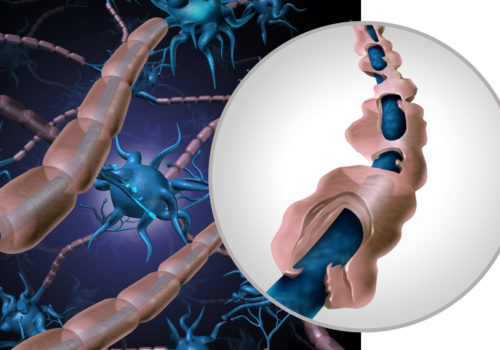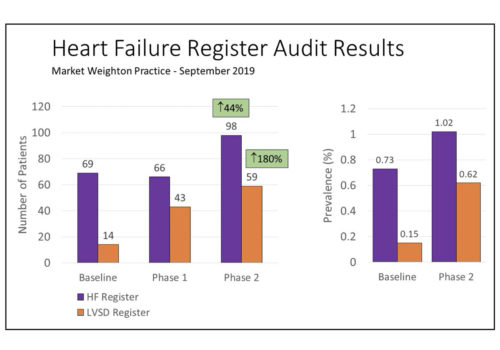All women, if they live long enough, will go through the menopause. For some women, especially if they have few symptoms, the menopause transition comes as a welcome relief from menstruation and the possibility of pregnancy. Others experience disabling menopausal symptoms, and may feel psychological distress from their loss of fertility. Supporting these women is one of the most rewarding parts of clinical practice, especially as there is now a much more balanced approach, at least among knowledgeable clinicians,1 to the risks and benefits of hormone replacement therapy (HRT).
























